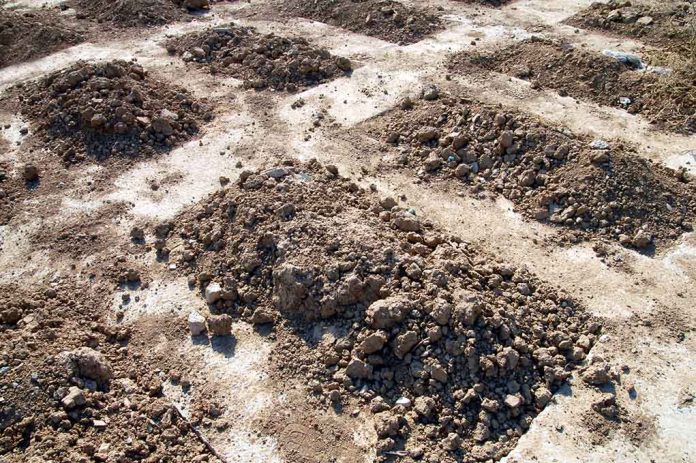
(UnitedVoice.com) – Seven years ago, Saudi Arabian Crown Prince Mohammed Bin Salman announced plans for Neom, an environmentally friendly city designed to reduce the desert kingdom’s reliance on oil. The city will be technologically advanced, energy-efficient, and built to a radical new design. However, dark rumors are circulating about the fate of the area’s existing residents.
Neom, a planned 10,200-square-mile urban area at the north end of the Red Sea, is a multi-decade project. Announced in 2017 with completion planned in 2030, it’s supposed to be centered around a futuristic linear city called “The Line,” which will be car-free and served by high-speed railways for residents. It’s running well behind schedule, though, with only two buildings completed by 2022. Much of the planned area remains desert — but it’s not uninhabited.
The Neom site is on land occupied by the Howeitat tribe, who object to being evicted to make way for the project. There’s been a string of scandals over alleged violence. One anti-eviction activist, Abdul Rahim al-Huwaiti, claimed in early 2020 that he expected Saudi security forces to plant weapons in his home. In April of that year, government forces shot him dead, claiming he’d opened fire on them — and then, when the government refused to release his body to his family, it emerged that they’re holding the bodies of at least 90 other activists, too.
Now, a former Saudi intelligence officer, who’s claimed asylum in Britain, has told the BBC the Saudi government has authorized lethal force against anyone who resists eviction. Colonel Rabih Alenezi says he was ordered to evict some of the more than 6,000 people who have already been displaced by the project. He claims his orders described the Huwaitat tribe as “rebels” and ordered that “whoever continues to resist [eviction] should be killed.” Saudi Arabia’s new eco-city might be an impressive vision — The Line is planned to be taller than the Empire State Building and 106 miles long — but it could come at a huge cost in human rights violations.
Copyright 2024, UnitedVoice.com






















